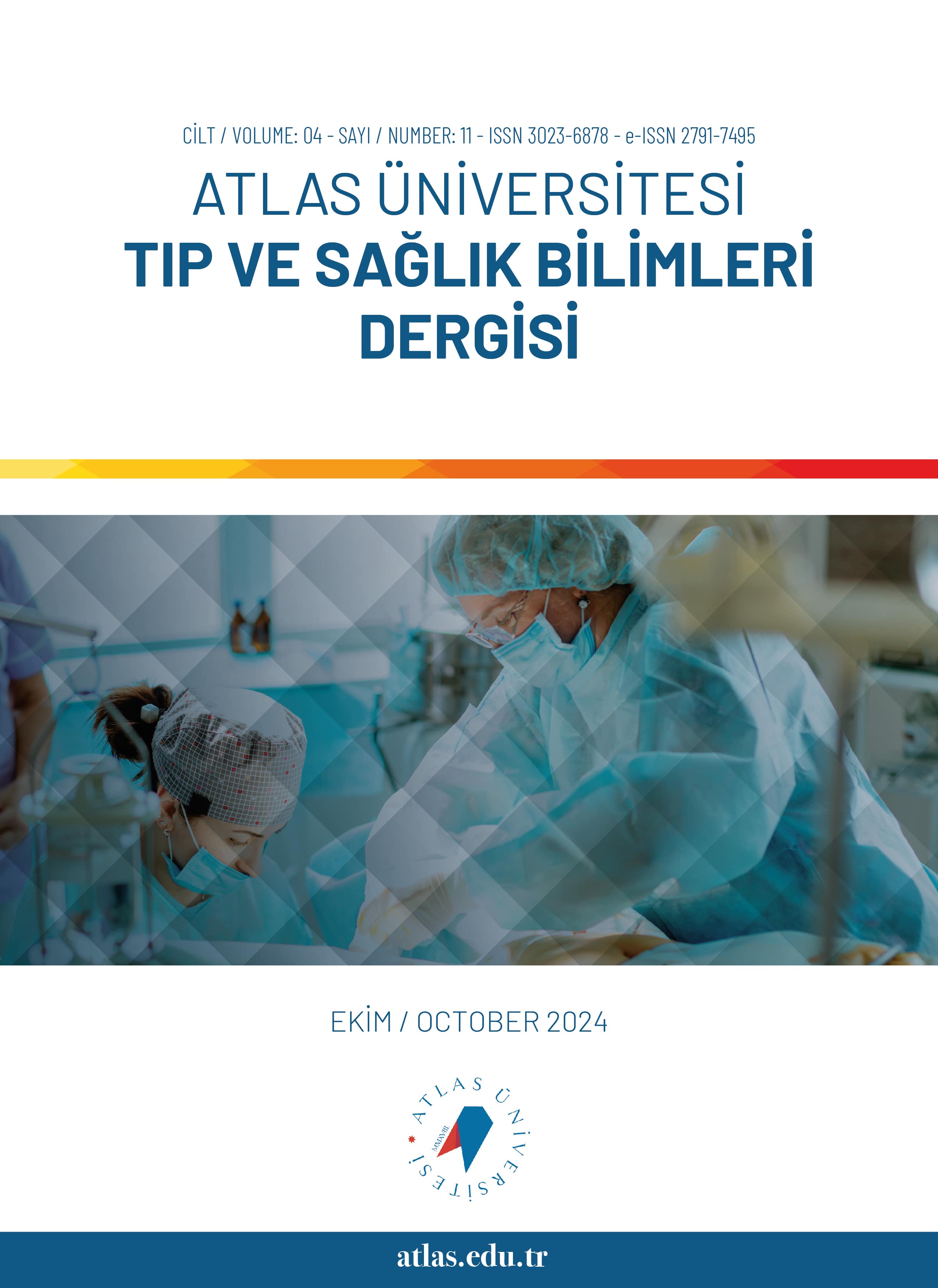Isoniazid (INH) is hepatotoxic drug. Oxidative stress has been reported as one of the mechanisms of INH induced hepatotoxicity. In the current study, our aim was to evaluate the redox status of plasma and liver proteins as well as the protective role and dose of ascorbic acid (AA) in INH-induced hepatotoxicity in rats. Protein oxidation parameters such as protein carbonyl (PCO), total thiol (T-SH) levels and paraoxonase-1 (PON-1) activity was determined in the liver and the plasma of rats. Rats under study were randomly divided into four groups: (1) control; (2) INH (50mg/kg/day); (3) INH (50mg/kg/day) + AA (100 mg/kg/day); and (4) INH + AA (1000 mg/kg/day). INH administration resulted in abnormal elevation of plasma and hepatic PCO levels. On the other hand, the levels of the plasma and hepatic T-SH and PON1 activity significantly decreased. Supplementation of AA (100 mg/kg/day) dose partially reverted these abnormalities in the redox status of the proteins and activities of PON1 after the administration of INH. Changes in oxidative stress are likely involved in the pathogenesis of INH-induced hepatoxicity in rats.
THE EFFECTS OF L-ASCORBIC ACID ON ISONIAZID-INDUCED PROTEIN OXIDATION AND HEPATOTOXICITY IN RATS
10.54270/atljm.2023.46
